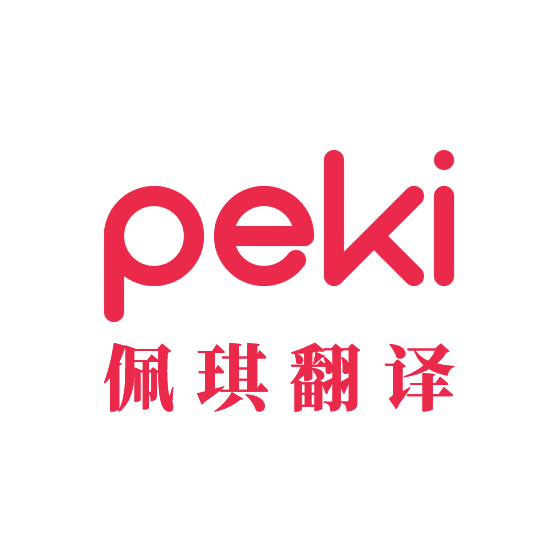
年夜饭、守岁用英语怎么说?过年习俗双语盘点
“爆竹声中一岁除,春风送暖入屠苏” 马上就要过年啦 你们年夜饭会吃啥? 有收到压岁钱吗? 新年是辞旧迎新,阖家团圆的时刻 过年对咱们中国人而言是一种情结和期盼 那么今天小编就来给大家盘点一下 咱们中国人过年习俗 一起来积累一下年俗英语表达! 春联是中国人庆祝农历新年重要的习俗,它有两行对仗工整的诗句,经常被用来装饰门墙,寄托人们对新一年的美好希望和愿景。春节期间,每家每户都在门口张贴春联以表达真诚美好的祝愿。 Spring Festival couplets — two complementary poetic lines adhering to certain rules — are among the most common and important customs for celebrating Chinese New Year. They are often used to decorate doors and walls to express hope and happiness for the coming year. During the Spring Festival,every family pastes the Spring Festival couplets on their doors to express sincere blessings and good wishes. 春节是与家人团聚的时间。年夜饭是所有家庭成员聚在一起“必须”的宴会。除夕宴会上吃的食物根据不同的地区各不相同。在中国南方,习惯吃“年糕”(糯米粉制成的新年糕点),由于作为一个同音字,年糕意味着“步步高升”。在北方,年夜饭的传统饭是“饺子”或像月牙儿形的汤圆。 Spring Festival is a time for family reunion. The New Year`s Feast is "a must" banquet with all the family members getting together. The food eaten on the New Year Eve banquet varies according to regions. In south China, It is customary to eat "niangao" (New Year cake made of glutinous rice flour) because as a homophone, niangao means "higher and higher every year". In the north, the traditional food for the feast is "Jiaozi" or dumplings shaped like a crescent moon. 腊月三十,人们熬夜守岁。中国神话里,一头叫"年"的妖怪会在新年的前一夜跑出来伤害人类,因此人们聚在一起,守岁聊天,祈祷能平安度过这一晚。因此,中国人将新年前夕熬夜的习俗称为"守太岁",意味着远离疾病灾祸,祈祷新年好运。 Chinese people are supposed to stay up the whole night on the 30th day of the 12th month in the Lunar Calendar. In Chinese mythology, a monster called nian would come out to harm people on New Year's Eve, so people get together, staying up and chatting, hoping for a peaceful passage of time. The custom of staying up (Chinese: shou tai sui) symbolizes the warding off of all diseases and disasters and wishing good luck in the New Year. 午夜零点时分,人们正式跨入新年第一天,也叫“金鸡报晓”。传统习俗是,人们会燃放鞭炮,尽可能制造大的喧闹声赶走邪恶的妖怪“年”。因为“年”惧怕红色和炮竹,过年大家便会挂红灯笼,放鞭炮。最重要的习俗是,人们会拜访家中最年长的长辈,以加强家人之间的亲情。 The first day of Chinese New Year, also known as the "day of chicken", officially begins at midnight. It is traditional to light firecrackers and make as much of a din as possible to chase off the evil monster Nian. It was believed that the Nian was afraid of the colour red and firecrackers, so people would hang red lanterns outside and set off firecrackers. Most importantly the oldest and most senior members are visited with the visits strengthening family kinship. 这是孩子们的父母和祖父母给他们作为春节礼物的钱。压岁钱据说能带来好运,能驱魔;因此,就有了“压岁钱”的称呼。父母和祖父母先把钱放入特制的小红包里,年夜饭后或当孩子们来拜年时,将红包发给他们。之所以要把钱放到红包里,是由于中国人认为红色是个幸运色。他们想让自己孩子既有压岁钱还有幸运色。 It is the money given to kids from their parents and grandparents as New Year gift. The money is believed to bring good lucka and ward off monsters; hence the name "lucky money". Parents and grandparents put money in small, especially-made red envelopes beforehand, and give the red envelopes to their kids after the New Year`s Feast or when children come to pay New Year calls. They choose to put the money in red envelopes because Chinese people think red is a lucky color. They want to give their children both the lucky money and the lucky color.
- 鉴于各方面资讯调整与变化,本站所提供的信息仅供参考,敬请以公布信息为准。
- 本站文章存在转载现象,所有转载均出于非商业性学习为目的,版权归作者所有。
- 如发现本站文章存在内容、版权、转载或其它问题,请及时联系我们沟通与处理。联系方式:liyan@peki.vip。

扫码关注
佩琪翻译学堂公众号
